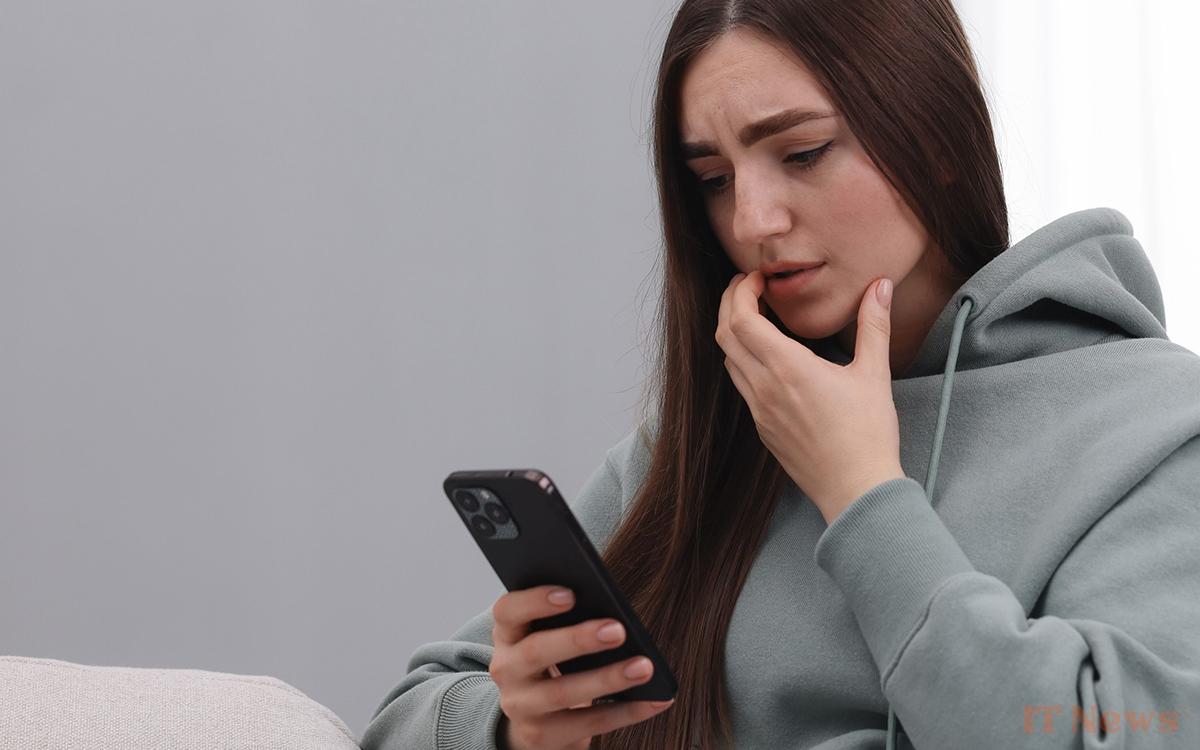A study shows that the social network TikTok could pose a risk to users' mental health for a rather unexpected reason. Industry experts are sounding the alarm.
A “blues” that lasts too long, a general feeling of unease, a traumatic situation from which you are having difficulty recovering… So many situations which, in theory, should lead you to consult a mental health professional.
Except that this is no longer the first instinct for many people. Young people in particular are turning to the Internet, and more specifically to social networks. Among them, TikTok is a destination of choice, with its short formats that can be browsed endlessly.
Is this a good idea? In 2022, concerns were so high that the United States launched a survey to measure the impact of TikTok on children's mental health. Since then, several measures have been taken to "clean up" the platform.
But given the results of a study conducted by The Guardian, this is not enough. The 100 most popular TikTok videos containing the hashtag #mentalhealthtips (literally “mental health tips”) were examined by industry experts, and the results are clear.
Mental health experts warn against using TikTok
On TikTok, more than half of the 100 most-viewed videos with the hashtag #mentalhealthtips contain false information. 52 to be exact. The problematic claims come in various forms.
First, specific words like “wellness,” “mental health disorder,” or “anxiety” are used interchangeably. A misuse of language “that can lead to confusion about what mental illness really entails,” explains David Okai, consultant neuropsychiatrist and researcher in medical psychology.
Next, the advice given is generally based on the videographer’s personal experience. This is forgetting that the expression of the same mental disorder is not identical in all individuals who suffer from it. Its treatment must therefore be adapted to each person's situation.
And even when the video says that starting therapy is important, it goes overboard. “While there is strong evidence supporting the effectiveness of therapy, it is important to emphasize that it is not a magic, quick fix, or one-size-fits-all solution,” David Okai reminds us.
Finally, content about mental health sometimes tends to present “cures” that have no scientific basis. For example, eating an orange in the shower to reduce anxiety, or claiming that a certain method makes you feel better in an hour.
Psychologist Amber Johnston warns: “TikTok spreads misinformation by suggesting there are secret universal tips and truths that can actually make a viewer feel worse, like a failure, when those tips don't simply cure.”
Faced with the study's results, TikTok reacts and reiterates its commitment
Contacted by The Guardian, a spokesperson for the social network responded: “TikTok is a place where millions of people express themselves, come to share their authentic mental health journeys and find a community of support. The methodology of this study has obvious limitations, as it opposes this freedom of expression and suggests that people should not be allowed to share their own stories.”
He then points out that TikTok is working “proactively with health experts from the World Health Organization and the NHS to promote reliable information on the platform and remove 98% of harmful misinformation before it is reported.”
It should also be noted that TikTok has already taken action in this regard, for example by removing filters that make users under 18 look better. For its part, the British government continues to “take steps to reduce the impact of online misinformation” through the Online Safety Act. It requires platforms to remove, among other things, any content that is illegal or harmful to children.





0 Comments